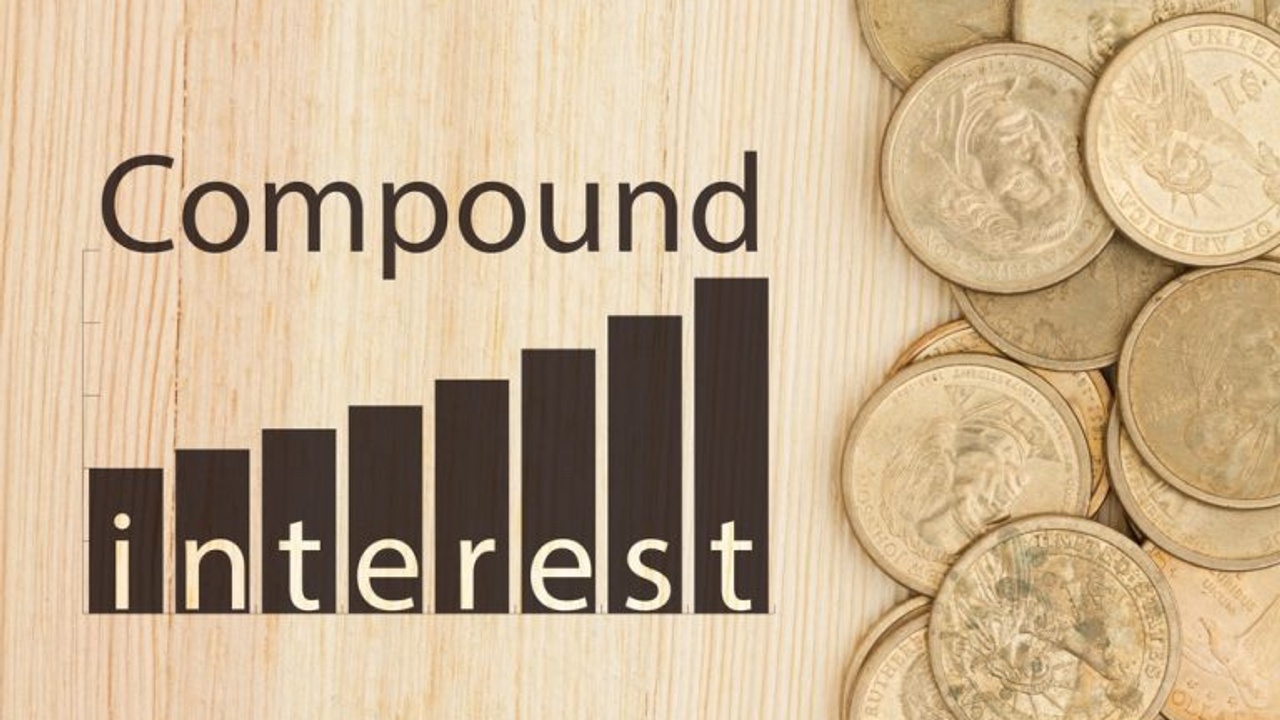Many experts have said compound interest is remarkable and the most important thing to understand if we want to get ahead financially. Albert Einstein said “Compound interest is the eighth wonder of the world. He who understands it earns it; he who doesn’t pays it”.
Compound interest is simply earning interest on interest. Start with $1,000 earning 5 per cent interest and the return in the first year will be $50. In the next year it will be $52.50, because $1,050 will be invested.
An extra $2.50 doesn’t sound important. However in the tenth year the earnings will be $77.57 instead of $50. In the twentieth year they will be $126.35, not $50. That’s a high return on the original $1,000. After twenty years the account value will have grown to $2,527.
If the earning rate is higher, the benefit of compounding is even greater. An earning rate of 7.5 per cent instead of 5 per cent for the twenty years, will see the $1,000 worth $4,248. That’s an extra $1,721.
There are many ways to harness compounding interest and make it work for us. Starting a savings plan with an initial $1,000 is one. We could make our compounding returns even more effective by adding a regular deposit of say $100 per month.
Saving into a bank account will earn modest interest. We could start a managed fund savings plan that invests in property and major company shares for higher returns long term. We could start a regular salary sacrifice plan into our super fund.
Once a non-super savings balance has grown a little, we could give it a big boost by borrowing extra money to add to it. The interest on the loan will be tax deductible, reducing its cost. We could then just pay the loan interest and let the appreciating property and share values grow, compound.
Those who don’t pay their debts and have interest added to them suffer from compound interest. Extra interest is added to the unpaid interest causing the debt to grow ever faster. This is crucial to avoid, especially on high interest credit cards.
Paying extra off a loan has the opposite effect. We don’t have to pay interest on the amount of the loan we have repaid in advance. Then, less of the next payment will go to pay interest, and more to reducing the debt.
Continue doing that, and the loan will disappear much more quickly. If we have multiple loans, it is best to pay the one with the highest interest rate first, probably not the home loan.
To make the most of compounding, time is critical. We must take the long-term view. Even young people who think ten years is an eternity will find it passes before they know it.

